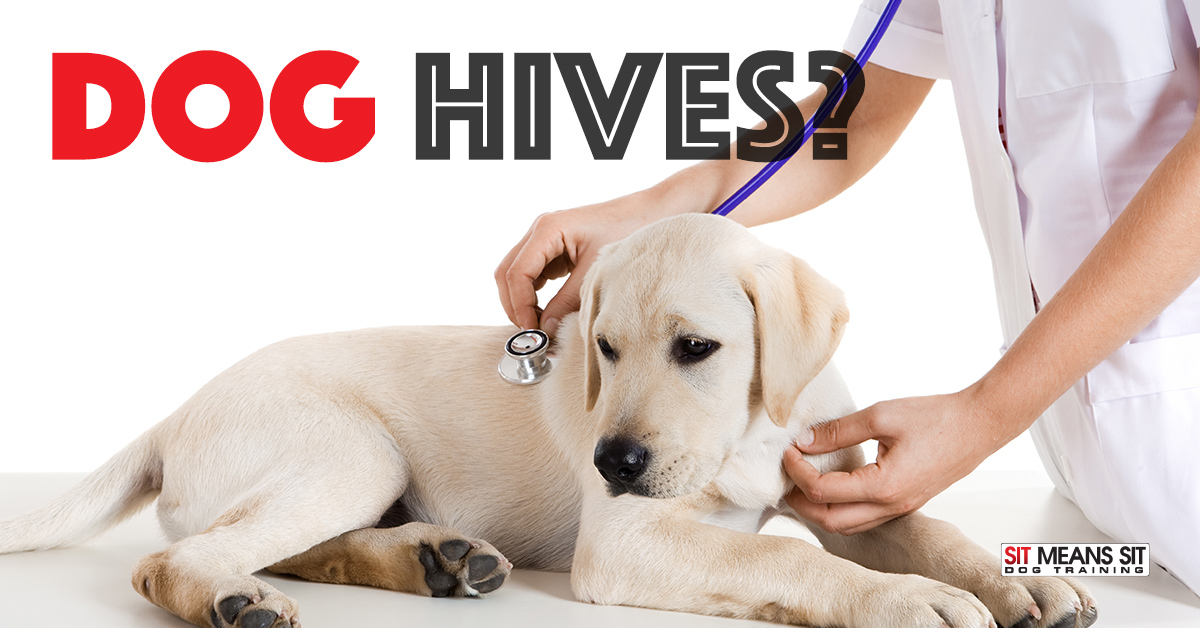
Does My Dog Have Hives?
Having your dog walk inside with hives and a swollen face is not very uncommon among pet parents. If exposed to a particular allergen, Fido’s immune system reacts by going into a hypersensitive state. Though hives in your pooch are not life-threatening, it’s still an unpleasant experience for your pup. So if you discover your canine companion has hives, you should take them to a veterinarian for treatment as soon as possible.
What Causes Hives in Dogs
There are several different reasons your pup could develop hives and swell up in the face. These are the most common causes, though:
- Insect bites or stings, possibly from spiders or bees
- Food allergies
- A chemical reaction perhaps due to insecticides used to treat grass
- Plants such as poison ivy or oak
- Or an allergen that your dog is specifically hypersensitive to
Recognizing the Signs & Symptoms of Hives in Dogs
Depending on what irritant or allergen Fido encountered and the degree to which they were exposed, their experience and reaction will vary. For example, two dogs could be exposed to the same allergen and have wildly different responses. However, the most common symptoms to look out for include:
- Areas of redness and swelling on the face, abdomen, and legs
- Raised, circular lumps and bumps
- Swelling around the muzzle
- Swelling around the eyes, possibly causing them to close
- Excessive scratching
- Drooling, especially if the muzzle is swollen
What to Do If Your Dog Has Hives
Typically treatment for a dog with hives will consist of a dose of antihistamines, like Benadryl. Sometimes your pup’s vet will administer steroids if the case is especially severe. Hives do not typically resolve on their own, and instead will continue to spread throughout the body if left untreated. This is why it is so important that you get Fido to a veterinarian as soon as you realize they have hives. However, if recognized that this is a persistent condition in your pooch that isn’t too serious, your vet may recommend how to manage the issue from home if it comes up again.
Preventing Your Dog From Getting Hives
If you are aware of specific allergens, your pup is sensitive to, trying to prevent their exposure from that as much as possible can help. For some pre-existing conditions that have been identified, your canine may even be prescribed medication that will help pre-treat the situation.
Typically a case of hives in a dog is just due to an allergic reaction, so there is usually no need to panic, especially since panicking will cause your pooch to do the same. Getting them to a veterinarian as quickly as possible is the best thing you can do and will relieve your pooch of any discomfort as soon as possible.
